Number Properties Puzzle – Challenge 5
This is a great mathematics critical thinking challenge for those who love math puzzles and challenges. Let's see if you can solve this math puzzle!
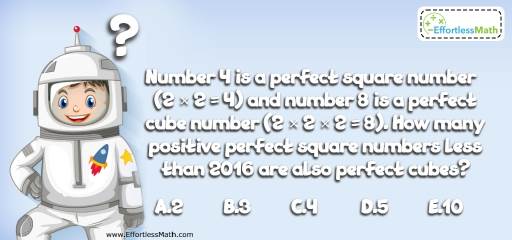
Challenge:
Number 4 is a perfect square number (2 × 2 = 4) and number 8 is a perfect cube number (2 × 2 × 2 = 8). How many positive perfect square numbers less than 2016 are also perfect cubes?
A- 2
B- 3
C- 4
D- 5
E- 10
The Absolute Best Book to Challenge Your Smart Student!

The correct answer is B.
Because there aren’t that many perfect squares less than 2016 that is also a perfect cube, let’s look for the smallest perfect square number. This happens to be number 1. It is a perfect square number (1 × 1 = 1) and a perfect cube number (1×1×1=1). To find the next positive perfect square number less than 2015 that is also a perfect cube, let’s take a look at number 2. \(2^{2} = 4\) is a perfect square and \(2^{3} = 8\) is a perfect cube number and \((2^{2})^{3} = 2^{6} = 64\), which is both a perfect square and cube number. Next perfect square and cube number with the base of 2 is \((2^{6})^{2} =2^{12} = 4096\), which is greater than 2016.
With the same method, \(3^{6} = 729\) is the next perfect square number and cube. \(4^{6} = 4096\) is a perfect square and cube number, but is bigger than 2016. Therefore, numbers 1, 64 and 729 are the perfect square and cube numbers less than 2016.
The Absolute Best Books to Ace Algebra
Related to This Article
More math articles
- How to Use Area Models to Multiply One-Digit Numbers By Two-digit Numbers
- How to Find Probability of an Event? (+FREE Worksheet!)
- The Ultimate Keystone Algebra 1 Course (+FREE Worksheets)
- How to Convert a Linear Equation in Standard Form to Slope-Intercept Form?
- Get Fit with Math: How to Calculate Unit Prices and Total Price
- Life’s Fractional Challenges: How to Solve Word Problems on Adding and Subtracting Fractions with Different Denominators
- The Ultimate MTEL Mathematics (Elementary) (68) Course (+FREE Worksheets & Tests)
- Vectors Introduction
- 8th Grade Ohio’s State Tests Math Worksheets: FREE & Printable
- Subtraction of Amounts of Money
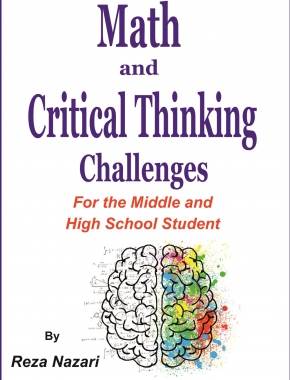
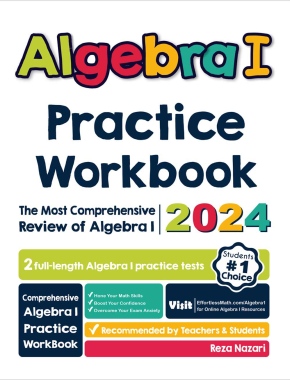
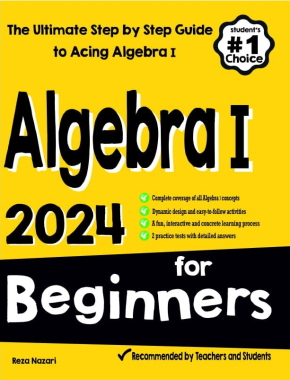
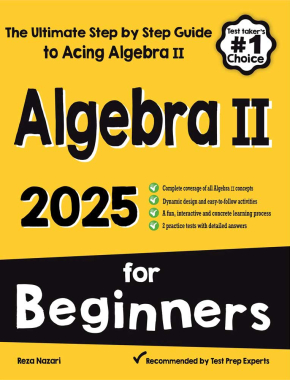
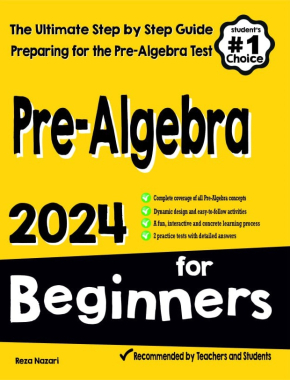






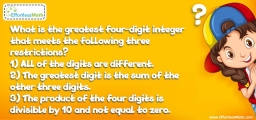
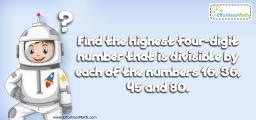
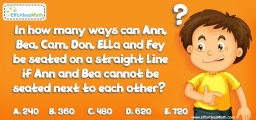

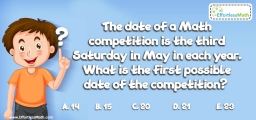
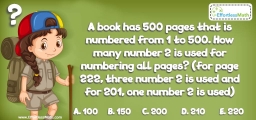
What people say about "Number Properties Puzzle – Challenge 5 - Effortless Math: We Help Students Learn to LOVE Mathematics"?
No one replied yet.